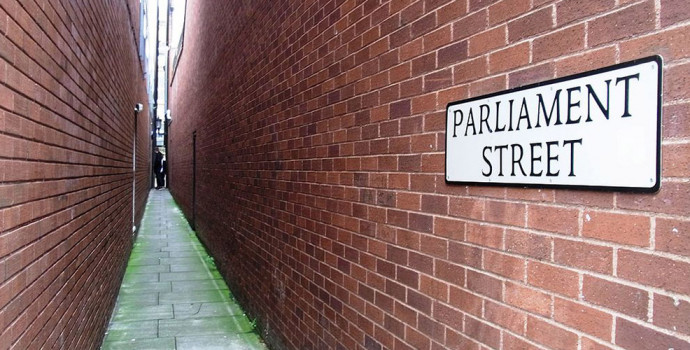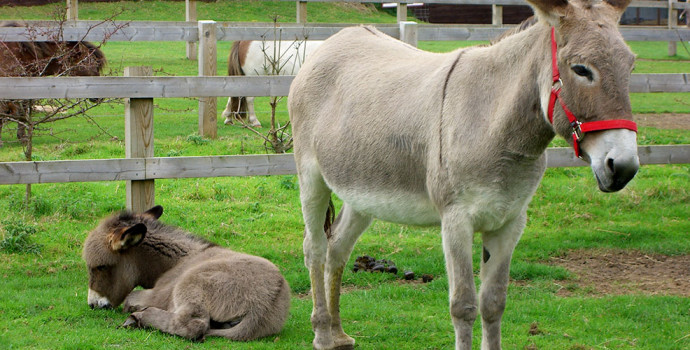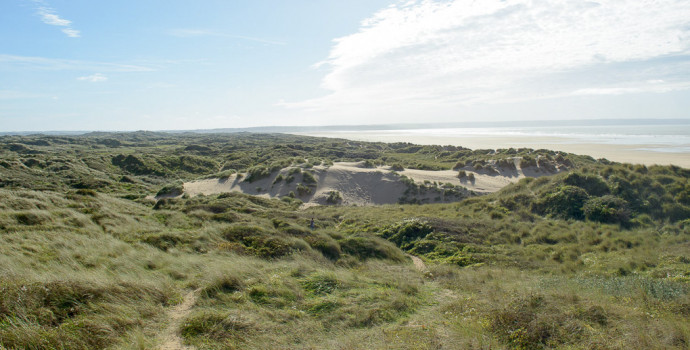You can start an apprenticeship with us whether you’re starting your career, want a career change or you're upskilling in your current job at Devon Partnership NHS Trust. You can have a previous qualification like a degree and still start an apprenticeship.
Many people don’t realise that you can use apprenticeships to develop leadership and management expertise too.
We offer a variety of clinical and non-clinical apprenticeships for new employees and for our existing staff in a range of services across the whole of Devon.
What is an apprenticeship?
An apprenticeship is a great way to earn while you learn. You’ll get hands on experience of working in the NHS, while studying for a nationally recognised qualification to kick start your career. As part of the apprenticeship you will take part in a structured development programme, which includes the following:
- On-the-job training and development in your team area
- 20% off the job training (which can include classroom-based learning, portfolio work, project work or observation assessments from an assessor who visits you in the workplace)
- An apprenticeship and/or accredited qualification
- Functional skills in Literacy, Numeracy and ICT, if required (includes some teaching and an exam)
Watch this informative animation about Apprenticeships
Why become an apprentice?
- Start your career in the NHS
- Earn a wage while you learn
- Paid annual leave (27 days) and bank holidays
- Receive training and support while in post
- Receive a thorough induction and regular review sessions
- Have a mentor to support you and help guide your apprenticeship
- Learn job-specific skills working alongside experienced staff
- Hands-on training gives you a real chance to put your skills into practice and helps you to gain more confidence in a working environment
- Gain exposure to the vast array of job and career opportunities here and in the wider NHS
- NHS and student discounts




